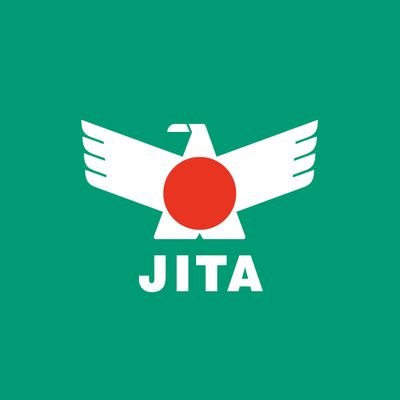On Feb. 7 it was learned that the Japan Industrial Track and Field Association (JITA), the governing body of the nation's corporate running league, plans to relax regulations concerning athletes transferring teams. Currently, if a team does not grant an athlete an amicable release, the athlete is barred indefinitely from signing with another team. The new regulations are expected to reduce that period to a maximum of one year. The JITA Board of Directors is expected to formally approve the change on Feb. 8.
The rule indefinitely barring athletes from signing with another team without the consent of their former team was put in place due to cases in the past where teams fell apart due to runners' transfer to other teams. However, after examining the issue, the national Fair Trade Commission ruled that the regulations were a likely violation of antitrust law and asked the JITA to make changes. The weakness of the athletes' position and their resulting liability to abuses of power from above were also identified as problems. Under the new regulations, athletes will be free to sign with other teams and to participate in JITA-sponsored events after a one-year waiting period regardless of whether their previous team has granted them a release.
In addition, JITA plans to extend the deadline for registration of athletes eligible to participate in the New Year Ekiden national championships from the end of September to the end of December. If approved, the change will keep the market for athlete transfers open until right before the Jan. 1 race. This would allow athletes to compete for who they want, but there are concerns that it will result in smaller teams losing their star athletes.
source article:
https://www.nikkansports.com/sports/athletics/news/202002070000803.html
translated by Brett Larner

The rule indefinitely barring athletes from signing with another team without the consent of their former team was put in place due to cases in the past where teams fell apart due to runners' transfer to other teams. However, after examining the issue, the national Fair Trade Commission ruled that the regulations were a likely violation of antitrust law and asked the JITA to make changes. The weakness of the athletes' position and their resulting liability to abuses of power from above were also identified as problems. Under the new regulations, athletes will be free to sign with other teams and to participate in JITA-sponsored events after a one-year waiting period regardless of whether their previous team has granted them a release.
In addition, JITA plans to extend the deadline for registration of athletes eligible to participate in the New Year Ekiden national championships from the end of September to the end of December. If approved, the change will keep the market for athlete transfers open until right before the Jan. 1 race. This would allow athletes to compete for who they want, but there are concerns that it will result in smaller teams losing their star athletes.
source article:
https://www.nikkansports.com/sports/athletics/news/202002070000803.html
translated by Brett Larner


Comments